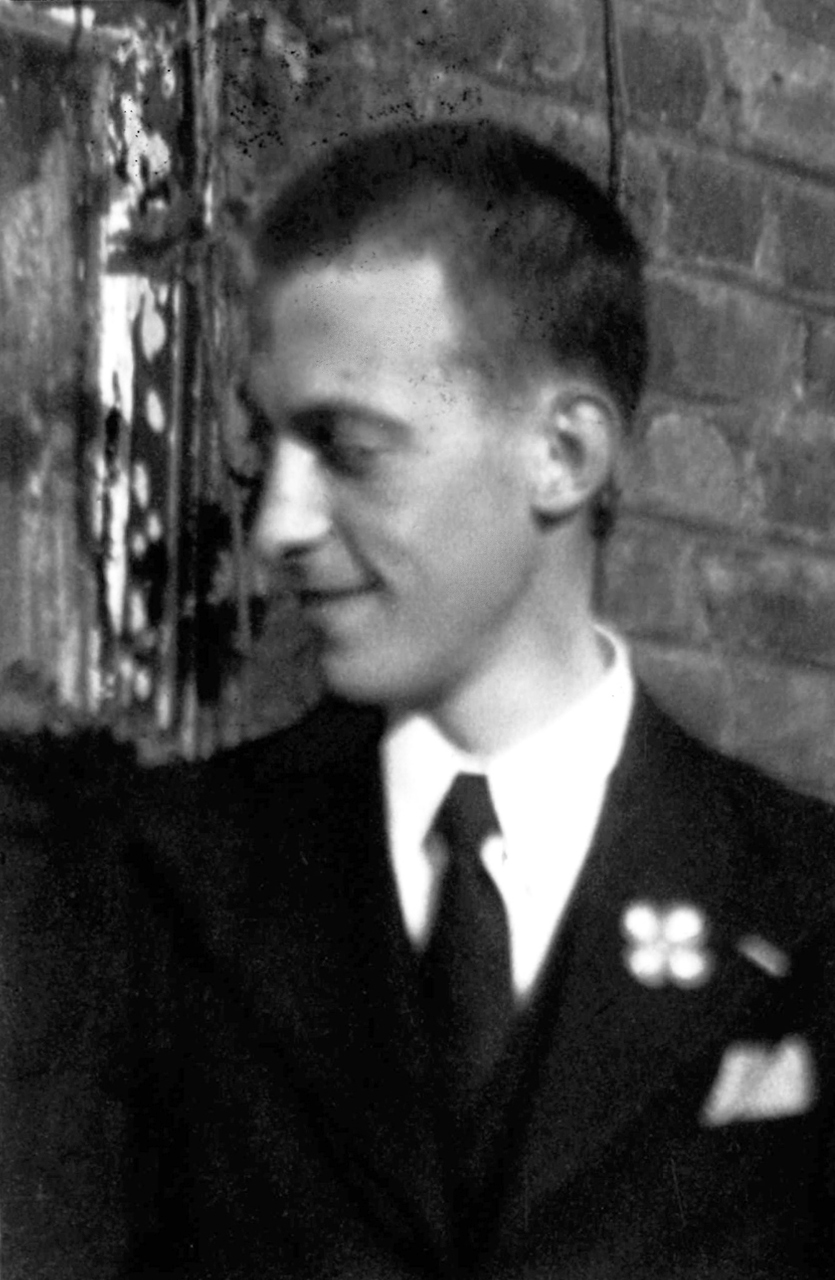#otd1945.03.13
Disappeared Without a Trace
The Gestapo committed Maurice Eyben, a member of the Belgian resistance, to the Buchenwald concentration camp on 13 March 1945. A year earlier, at the age of 22, he had been accused of espionage and imprisoned by the German occupiers. By the time he arrived in Buchenwald, he had been detained in several jails.
Eyben was a so-called night and fog inmate. The “Night and Fog Decree” allowed the German occupiers to take members of the resistance clandestinely into custody, such that they essentially disappeared without a trace. It was intended as a measure to deter others and thwart any resistance efforts from the outset.
Maurice Eyben’s further fate was also fraught with uncertainty. When the SS started clearing Buchenwald in early April and the first death march left the camp, he noted the following anxious questions: “… will we march, will we be strong enough? Will we be finished off?” It was in a severely ill state that he survived to be liberated in Buchenwald in April 1945. He returned to Belgium in May.
(Sabine Stein)
Source: Biographical notes of Maurice Eyben, 1945 (Buchenwald Memorial).
Reference: Daniel Rochette, Les Belges à Buchenwald et dans ses kommandos extérieurs, Brussels 1976.

